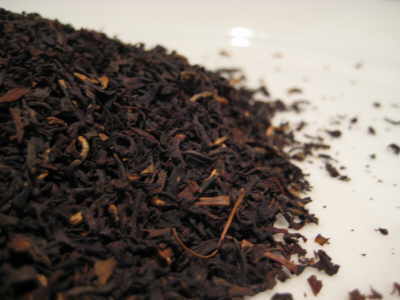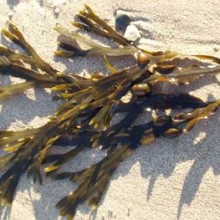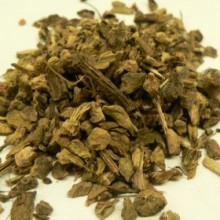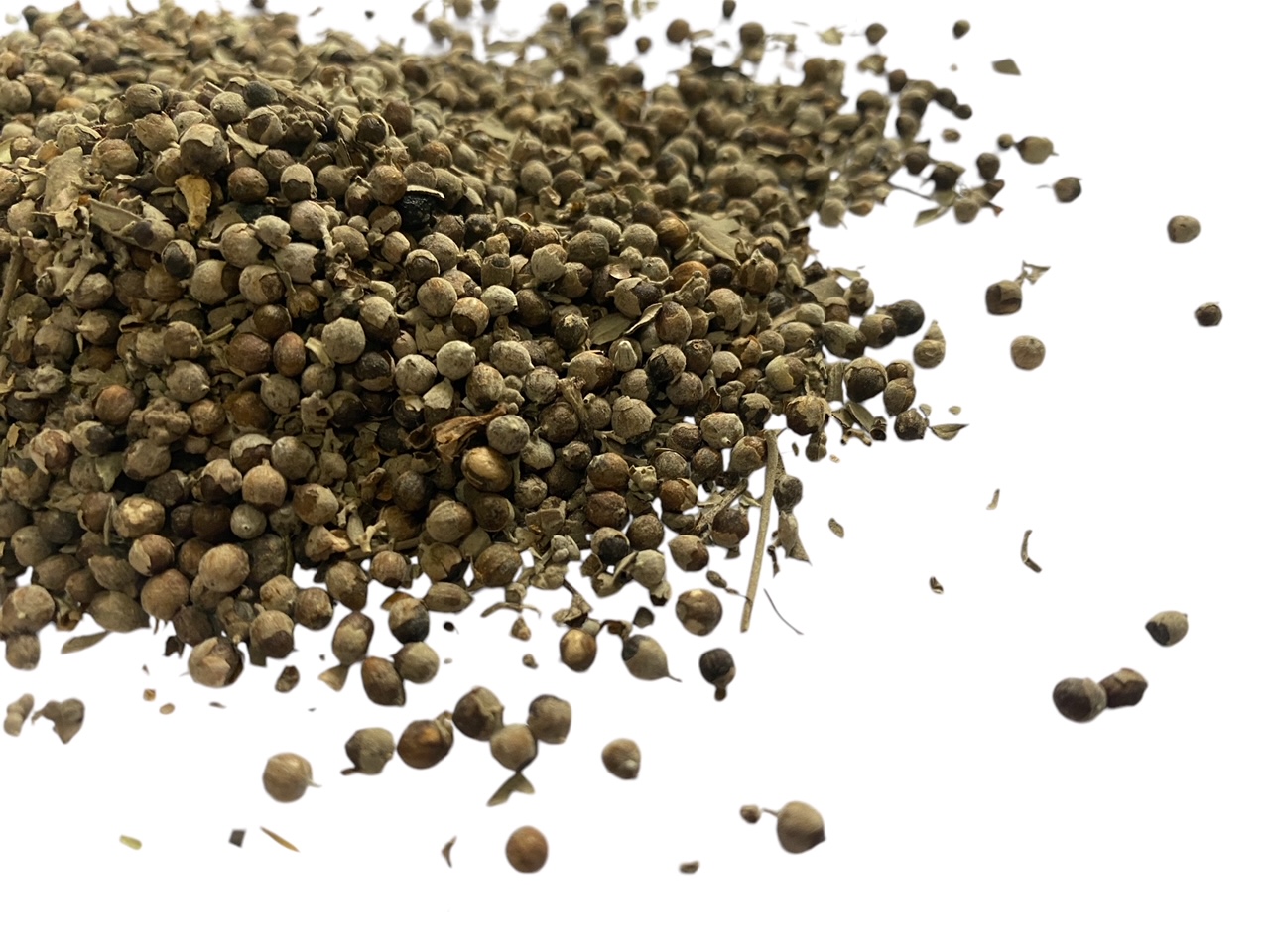Kenyan BOP is a traditional Broken Orange Pekoe tea, with a light and refreshing character and lovely bright colour.
Tea is a major if not the major cash crop that is grown in the state of Kenya Kenya tea has been the leading major foreign exchange earner for the country alongside coffee for many years. Most of the tea produced in Kenya is black tea but green, yellow and white teas are produced on a small scale for special order by the major tea distributors.
Tea was first introduced to the country in 1903 by a gentleman called G.W.L. Caine and was then planted in what is now present-day Limuru. Commercialisation of tea started in 1924 and since then the nation has become a real force and a major producer of black tea. Currently Kenya is ranked third behind China and India in tea production.
The task of managing the small scale holder lies with the Kenya Tea Development Agency (KTDA). Currently the KTDA has 66 tea factories serving over 500,000 small scale farmers cultivating over 100,000 hectares. Of all tea produced in Kenya, KTDA members produce over 60% while the rest is produced by large scale producers.
Most tea grown in Kenya is processed using the crush, tear and curl method, making it suitable for use in blends popular in most black-tea markets, including India, Britain and North America. This methodical tea practice has resulted in an homogeneous taste and a strong , bold flavour typical of Kenya Tea and is the base of most commercial branded Indian tea blends as well as a significant portion of breakfast teas, usually sold mass market and in tea bags!
Higher quality Kenyan teas, like this Kenyan BOP, are processed using traditional methods of picking of the tender leaves and bud cyclically then being allowed to dry and be “fermented” by enzyme action. They are often highly sought after “single origin” whole-leaf teas. Multinational companies increasingly use automation to process the tea, though smaller plantation estates may still produce the product by hand.







